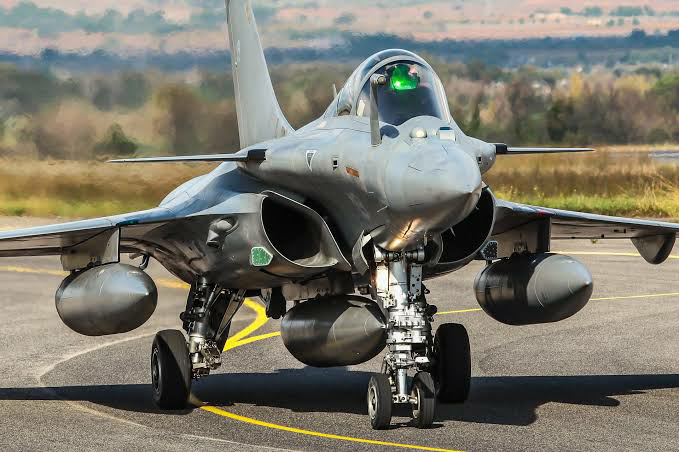Pakistan facing a Forex Reserves Crisis
Pakistan has been facing a crisis in its foreign exchange reserves in recent years, which has had a significant impact on the country's economy.
One major factor contributing to the crisis has been Pakistan's trade deficit, which has been consistently increasing in recent years. This is due in part to the country's reliance on imports, particularly for energy and raw materials, which has put pressure on the balance of payments.
Another factor contributing to the crisis has been the government's reliance on external borrowing to finance its budget deficit. This has led to an increase in Pakistan's external debt, which has further strained the country's foreign exchange reserves.
The crisis has also been exacerbated by declining foreign investment and a decrease in remittances from Pakistanis living abroad. These factors have contributed to a reduction in the inflow of foreign currency, further diminishing the country's foreign exchange reserves.
The crisis has had a number of consequences for Pakistan's economy. It has led to a depreciation of the Pakistani rupee, which has made imports more expensive and exports less competitive. It has also made it more difficult for the government to secure loans from international financial institutions, which has hindered its ability to finance development projects and invest in infrastructure.
The government of Pakistan has taken a number of measures to address the crisis, including negotiating a financial assistance package with the International Monetary Fund and implementing economic reforms aimed at reducing the budget deficit and increasing exports.
It remains to be seen whether these measures will be successful in addressing the crisis and stabilizing the country's foreign exchange reserves. In the meantime, the crisis continues to have a significant impact on Pakistan's economy and the lives of its citizens.






Comments
Post a Comment